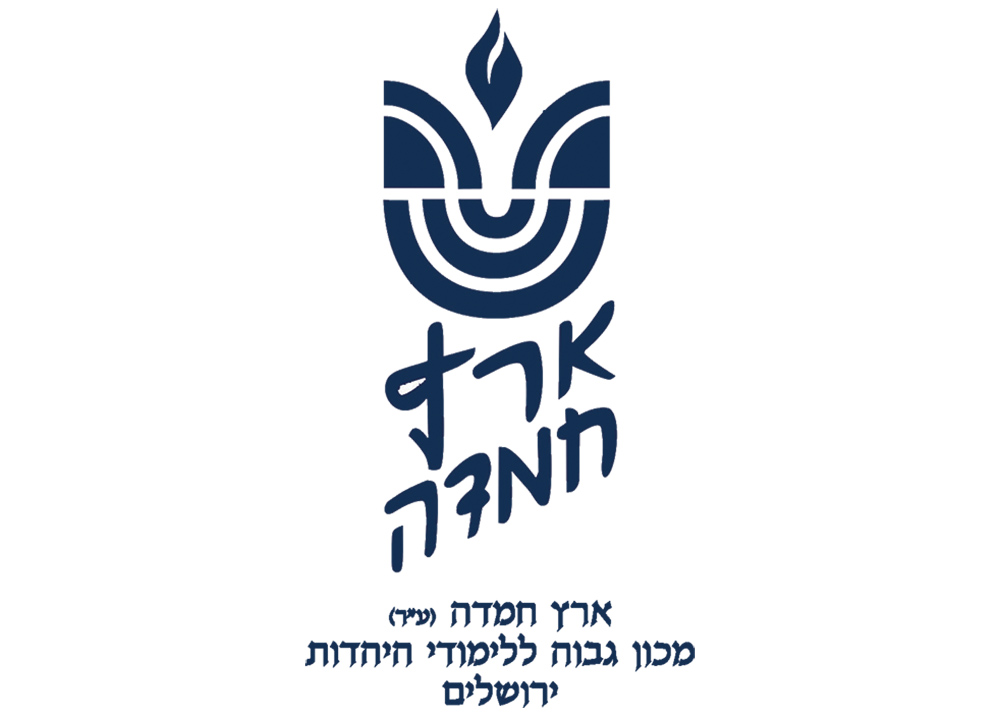
לעילוי נשמת
יואל אפרים בן אברהם עוזיאל זלצמן ז”ל
Question: As the gabbai in an Ashkenazi shul, I recently called up a guest for an aliyah, who asked if he could lein his aliyah. I told him, “No!” and he looked surprised/disappointed. Did I do the right thing?
Answer: All agree that in the Gemara’s time, the oleh read the Torah aloud for the tzibbur. In fact, in Tannaic times, when only the first aliyah had an opening bracha and the last one had an ending bracha (Megillah 21b), all the middle olim did was read the Torah. The Rambam (Tefilla 12:5) also describes kriat haTorah as the olim doing the leining.
Other Rishonim, though, report a minhag that a baal korei leins, whereas the oleh makes the brachot and reads along quietly (Shulchan Aruch, Orach Chayim 141:2). Tosafot (Megillah 21b) and the Ran (Megillah 12a to the Rif’s pages) explain the minhag—as instituted—to not embarrass one who does not know how to lein (at least, without preparation).
The Rosh (Megillah 3:1) presents Talmudic precedent of lowering individual participation to avoid embarrassment for the less skilled. Those people bringing bikkurim who knew how to, used to make the bikkurim declaration alone, whereas those who did not know, had it recited before them; though, to not embarrass those who needed help, it was instituted that everyone would do it with help. We see from the Rosh’s comparison that our minhag is not just that the oleh does not need to lein but that he, specifically, should not do so. A similar post-Talmudic minhag is that a chatan does not recite the brachot under his chuppah, which—according to the Orchot Chayim (Kiddushin 21)—is so that those who cannot recite them fluently will not be embarrassed.
The Rosh did not think we can learn from bikkurim to aliyot. There, an embarrassed person might abrogate his obligation to bring bikkurim, whereas here, we can let him choose between improving his reading ability and not getting aliyot. The Rosh’s reason for the takana is to prevent a situation where one claims proficiency in leining he does not possess, thereby, causing the tzibbur to have an improper kriat haTorah. If we leave the choice of which olim can lein up to the tzibbur, it will likely cause fighting.
The Rama (Orach Chayim 140:1) presents the minhag as a fact, but while the Beit Yosef (Orach Chayim 141) discusses it—in the Shulchan Aruch (Orach Chayim 141:2)—he describes—as apparent co-equals—the possibility of the baal korei or the oleh reading aloud. The very broad Ashkenazi practice is to not allow the oleh to lein for himself. Sephardi practice is more fluid; many Sephardi batei knesset allow proficient leiners (regarding whom the Rosh’s main problem does not apply) to read their own aliyot (see Yalkut Yosef, Orach Chayim 141:(24); Orchot Yosher I, Orach Chayim 7). The Rambam-following Teimani community consistently has the olim read for the tzibbur.
If your oleh was Ashkenazi, there is nothing to discuss; if he did not know the halacha, he can be taught it. What if: the oleh is Sephardi, you know he can read well (and either the shul leaves leining style to the baal korei or he knows how to read the tzibbur’s way), and the baal korei—who spent time preparing—doesn’t mind? Since even among Sephardim, an oleh generally does not read, he cannot ask to be an exception in a shul whose policy is to not allow exceptions. (There are exceptions, e.g., Simchat Torah, bar mitzvah boys who read only maftir, and when the person who is anyway leining gets an aliyah. However, these are exceptions based on case, not on the person; the latter is what causes embarrassment or fighting.)
What about for Teimanim, for whom the oleh’s reading is fundamental and consistent? Is the tzibbur’s or the oleh’s minhag the determinant? In our response (Matot-Masei 5777) about an avel whose ruling is to be chazan on Rosh Chodesh, whereas the shul’s minhag is that he should not; we posited that the determinant is if the minhag addresses the concern of the individual or the community. In this case, the Rosh and Tosafot agree that the concern is for the community. Therefore, you correctly followed the shul’s Ashkenazi ruling.
This column is written by Rabbi Daniel Mann on behalf of the Eretz Hemdah Institute in Jerusalem, which trains dayanim and has many projects on behalf of klal Yisrael, including its “Ask the Rabbi” service in conjunction with the OU. Rabbi Mann is a dayan at Eretz Hemdah, a senior member of the “Ask the Rabbi” project, and author of its “Living the Halachic Process” series. He is also a Ram at Yeshiva University’s Gruss Kollel in Israel.









